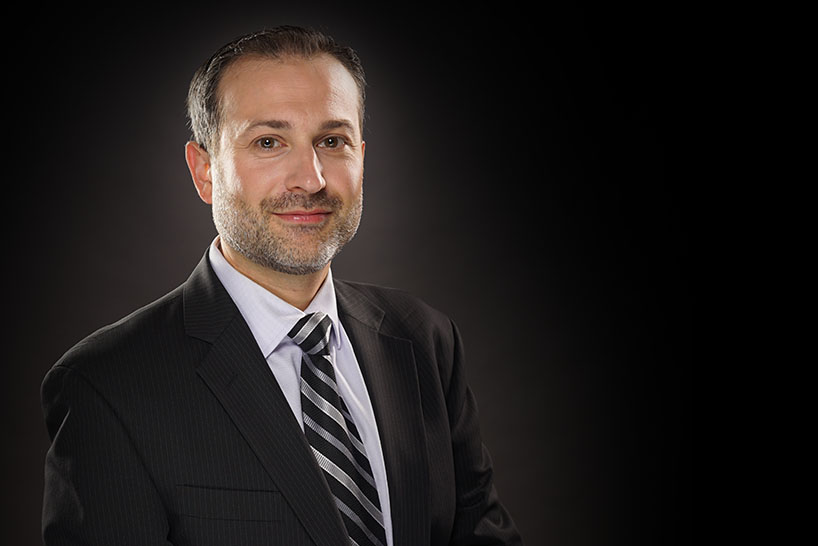New York State Cash Assistance Program
New York State’s Cash Assistance programs provide financial help to families with minor children, as well as unmarried people and childless couples who are in financial need. The Family Assistance program (FA) helps families with dependent children and the Safety Net Assistance program (SNA) helps people who are not eligible for FA benefits. The Human Resources Administration (HRA) administers the Cash Assistance program in New York City, and local social services districts administer the program in the rest of the state. The New York State Office of Temporary and Disability Assistance (OTDA) oversees the administration of the program state-wide.
Cash Assistance Eligibility
To qualify for Cash Assistance (CA), you must meet all the eligibility criteria, which include: income and resource, immigration status, and residency requirements. Also, your particular immigration status may determine whether you are eligible for Family Assistance, Safety Net Assistance, or neither program. Undocumented immigrants are not eligible for CA, however, they may apply for CA for their minor children who have a different immigration status than their undocumented parents. CA is only available to residents of New York State. New York City residents must apply for the CA Program at an HRA Job Center in New York City. Call 311 to get information on the location of the Job Center nearest to your home.
To be eligible for Family Assistance (FA), the household must contain a minor child living with a parent or relative who is either under the age of 18 or under the age of 19 and regularly attending college or vocational training. The household must not have received FA for more than 60 months.
Safety Net Assistance (SNA) also provides cash assistance, but helps those people who are not covered by the FA program, such as:
- Single adults;
- Couples who have no minor children;
- Children living apart from their parents or relatives;
- Persons who have exceeded their 60-month limit on FA; and
- Some non-citizens who are not eligible for FA.
Cash Assistance Benefits
FA and SNA provide a cash benefit twice per month that can be used for food, utilities and housing expenses. If you are eligible for FA, you can only receive benefits for a lifetime total of five years (60 months). When you reach the 60-month limit, you should receive a notice stating that your case will be transferred from the FA program to the SNA program. Your benefits should stay the same.
The amount of the benefits issued depends on whether other income is available and is based on the “standard of need.” The standard of need factors in household size. The standard of need includes:
- Basic allowance – also called the “food and other” or “F&O” benefit, because it pays for food, clothing, transportation and other daily expenses by issuing you cash through the Electronic Benefit Transfer (EBT) system.
- Home energy allowance – pays electric and heating bills by giving you cash or paying the utility provider directly.
- Shelter allowance – pays a set amount for rent, mortgage or property taxes, usually by issuing a two-party check to the landlord, lender or other payee, or by paying them directly.
- Other special needs – such as a pregnancy allowance or restaurant allowance.
If you reside in New York City, receive FA, your housing expenses are greater than the CA shelter allowance maximum, and you are in a court proceeding for non-payment of rent, you may be eligible for the Family Eviction Prevention Supplement (FEPS) to help pay your rent.
If you reside in shelter in New York City, you may be eligible for the Living in Communities Rental Assistance Program (LINC) to help move you out of shelter.
If you have an emergency situation, you may be entitled to a Pre-Investigation Grant, which provides cash assistance if you have a need resulting from an emergency that must be met that same day to ensure your health and safety. There are also additional grants that may be available in certain circumstances, such as:
- shelter arrears grants;
- relocation expenses;
- storage fees;
- replacement of furniture and clothing;
- pregnancy allowance (included in the Standard of Need);
- restaurant allowance;
- burial expense payment; and
- camp fees.
You may also be eligible for an Enhanced Shelter Allowance if you have AIDS or an HIV-related illness.
Legal Editor: Lisa Pearlstein, City Bar Justice Center
Changes may occur in this area of law. The information provided is brought to you as a public service with the help and assistance of volunteer legal editors, and is intended to help you better understand the law in general. It is not intended to be legal advice regarding your particular problem or to substitute for the advice of a lawyer.
Our Lawyers

Gary K.
LRS Lawyer
Our lawyers are screened and approved – they have all gone through an application and interview process. Each lawyer we recommend has been screened for significant experience, knowledge of ethics codes and rules, and law office practices, including customer service skills and handling of fees and billing.
About Us
When you call us, you will be speaking with an attorney. One of our attorney referral counselors takes your call and talks with you about your legal question, or reviews your online referral request. There is no charge to speak with one of our attorney referral counselors -- we’re here to help.

